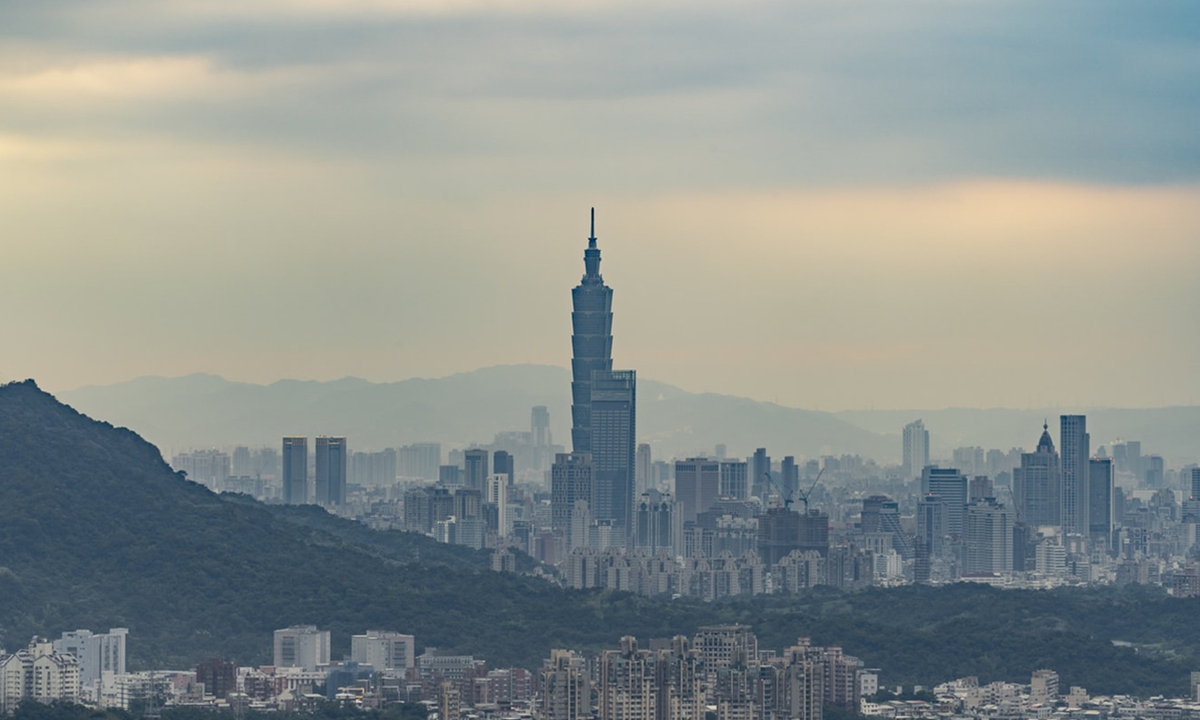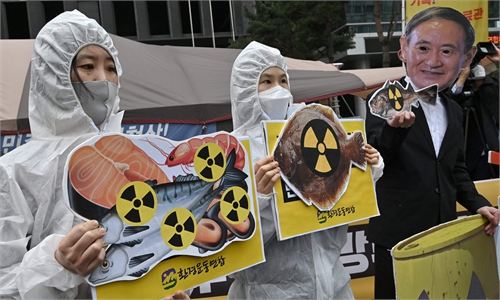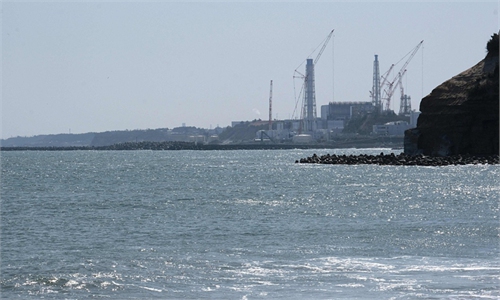Radioactive water from Japan after problematic pork from US, safety and health concerns heat up in Taiwan

Taiwan Photo: Unsplash
People and politicians on the island of Taiwan expressed their deep concerns over food safety as no strong opposition was expressed from the ruling pro-secessionist Democratic Progressive Party (DPP) after Japan's decision to dump radioactive water from Fukushima plant into the sea.
The island authority seems to blindly follow the US, which has expressed its support for Japan's irresponsible and "low-credibility" moves in handling its nuclear issue, despite strong opposition from Asia-Pacific countries, international organizations, as well as Japanese people.
The spokesperson of the island's "external affairs" authorities recently said that Japan informed the island of their decision before and promised to dump the waste according to international standards.
Former leader of Taiwan's opposition Party Kuomintang (KMT) Chu Li-luan, criticized the DPP, saying that by taking Japan's attitude into account, they ignored people's food safety, as there were no strong reactions shown by Taiwan's authorities.
In fact, the dumping of Japan's radioactive water into the ocean is opposed not only by the Japanese people, but also Korean people, Chinese people from both the mainland and Taiwan, as it poses a great threat to the fishing industry and food safety, Chu said.
Chinese Foreign Ministry spokesperson Zhao Lijian said Tuesday that as a close neighbor of Japan and a stakeholder in the matter, China strongly urges Japan to re-examine its decision to dispose of the nuclear wastewater and refrain from starting the discharge before reaching agreements with all relevant countries and the International Atomic Energy Agency (IAEA) through full consultations.
Japan is yet to offer convincing data to explain and justify its move, despite support from the US Secretary of State Antony Blinken and Taiwan's silence.
Chen Li-wen, a Taiwan "legislator" from the KMT, said in a Facebook post on Thursday that after accepting problematic pork and dumping radioactive water, "what do we get from that?"
No one from all the relevant authorities dares to speak up. Is Taiwan really less important, or does the DPP not pay attention to the health and safety of people? … Does an alliance with the US and Japan mean we have to put up with the US or Japan doing whatever they want? Chen asked.
Taiwan is also in the process of discussing opening its market to food imports from five prefectures and cities hit by the nuclear disaster in Japan.
Wang Jianmin, a senior cross-Straits expert of Minnan Normal University, told the Global Times on Friday that the DPP has shown a gesture of fully cooperating with the US and Japan, disregarding the mainstream voice of the world and public opinion of the people in the island, and lost the principle of humanitarianism.
If it were the mainland that plans to dump radioactive water, the DPP would, predictably, object vehemently, Wang said, noting that the DPP's indifference will cause people's anxiety and damage its own public opinion base.
On the island of Taiwan, in which people are still trapped in the DPP's decision to open the local market to US ractopamine-enhanced pork in August 2020, concerns over food safety are heating up.
In late February 2021, mainland customs said it will suspend pineapple imports from the island after having frequently detected quarantine pests on the tropical fruit from Taiwan since 2020.
Many people in Taiwan expressed their anger toward the DPP and the way Japan is handling its radioactive water, saying it is awful to see that "there are no rights and wrongs, but only positions" when the DPP deals with global issues.
"Are we transformers when the [DPP] asks us to eat problematic pork and drink nuclear water," a Taiwan-based Facebook user said.
"I'll change to a vegetarian diet in the future, as seafood and pork are no longer safe, said another."
That is the result of the pro-US and Japan. If we want to rely on them, we have to accept all the bad consequences unconditionally, including people's health, said another Taiwan neitzen.



